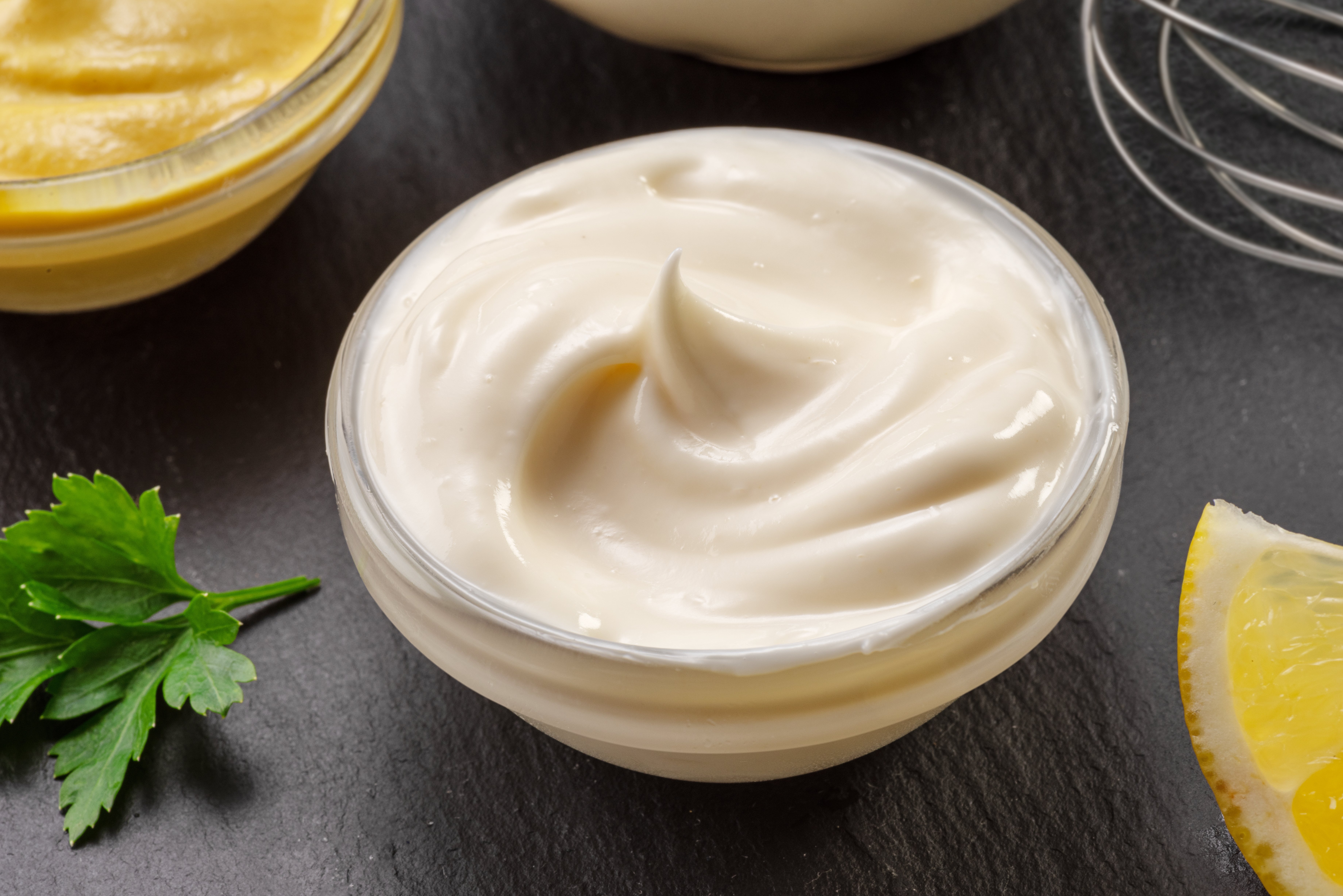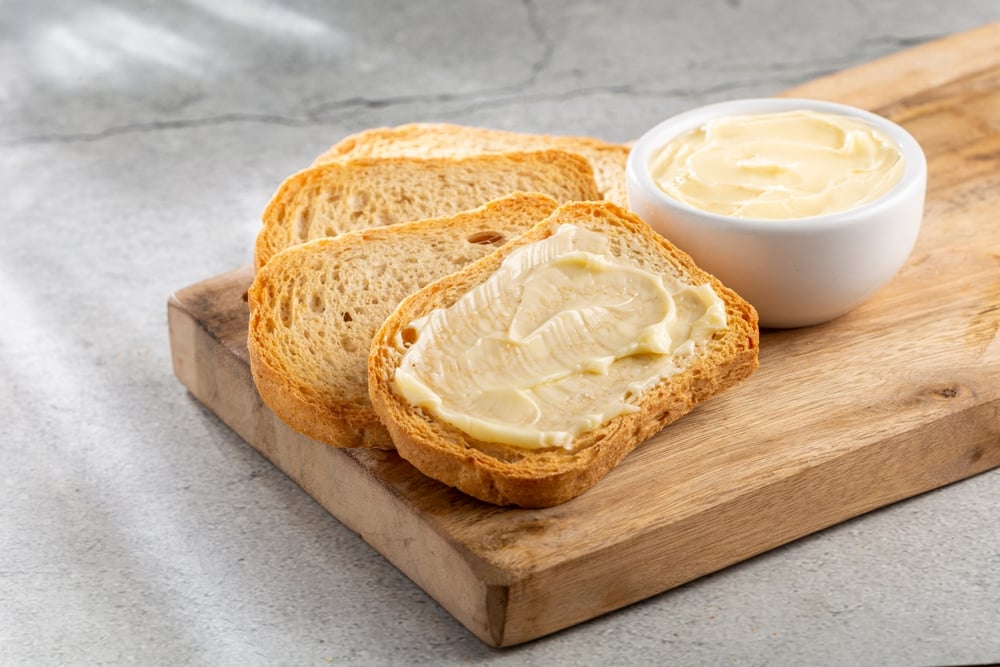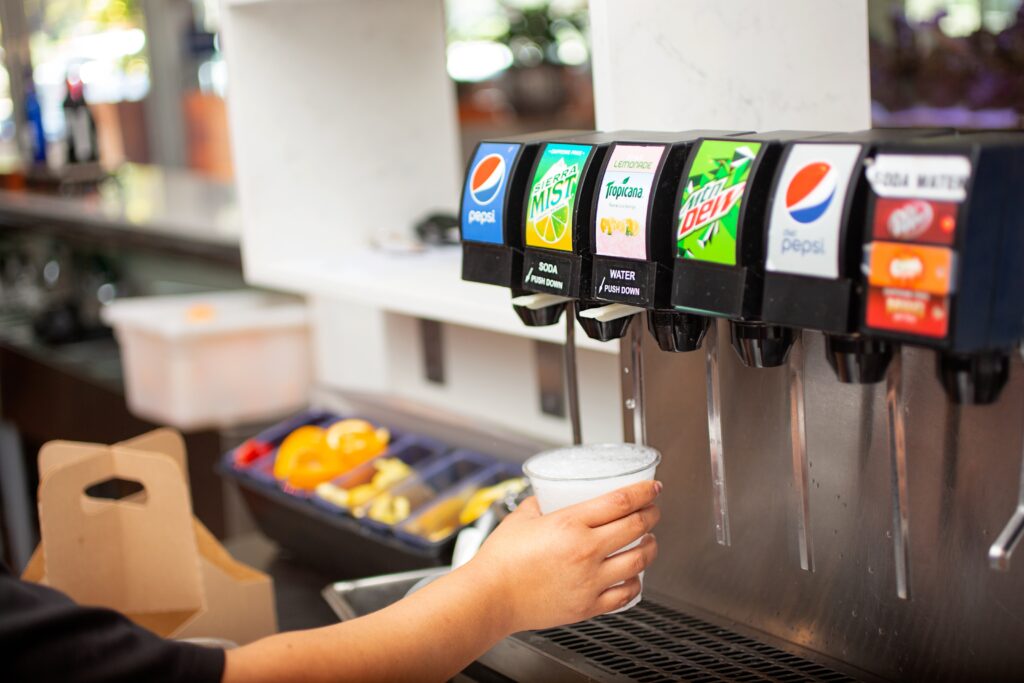Simple swaps in your diet can enhance memory by cutting out harmful additives.

Memory support is closely linked to the foods we choose every day. Processed foods often contain additives that may negatively affect brain health, reducing clarity and focus. By making mindful swaps—selecting natural ingredients rich in nutrients over processed options—you can nourish your brain effectively. These classic food substitutions foster better cognitive function and memory retention, all while supporting a balanced, wholesome lifestyle.
1. Swap processed snack bars for fresh fruit and nut combinations.

Processed snack bars often contain additives that aren’t friendly for your memory. Fresh fruits and nuts are natural alternatives packed with nutrients like healthy fats and antioxidants. Their chewy texture and satisfying crunch can nourish your brain, providing it with energy and sustenance.
Consuming fewer processed snacks can positively impact brain health, offering a natural boost to memory functions. Prioritizing ingredients without artificial flavors supports mental clarity and focus. Rather than a packaged bar, picture a vibrant bowl of mixed nuts and berries enhancing your overall well-being, as mentioned in Mass General Bigham.
2. Replace sugary breakfast cereals with whole-grain oats or quinoa.

Sugary breakfast cereals frequently contain hidden preservatives and artificial colors that aren’t conducive to brain support. Whole-grain oats or quinoa make for a filling and nutritious breakfast that provides essential nutrients. Such grains contribute to a steady release of energy throughout the morning.
Whole grains help stabilize blood sugar levels, preventing energy crashes that can affect concentration and memory. A warm bowl of creamy oats sweetened with cinnamon and fresh fruit combines satisfying nourishment with long-term brain benefits. This choice can refreshing your morning routine, according to Good Food.
3. Choose plain yogurt instead of flavored varieties with added sugars.

Flavored yogurts can have high sugar content and additives disguised by enticing flavors. Plain yogurt is a wholesome alternative, offering probiotics and proteins without added sugars. Its creamy richness invites you to blend in natural sweeteners like honey or fresh berries.
Incorporating plain yogurt in your diet assists with gut health, indirectly supporting cognitive functions due to the gut-brain connection, as shared by Healthline. Fresh berries can provide convenient sweetness, allowing you to experience vibrant flavors without the mental fog often caused by high sugar intake in flavored options.
4. Use natural nut butters instead of spreads with hydrogenated oils.

Nut butters containing hydrogenated oils are loaded with trans fats, which can harm brain health over time. Natural nut butters, made purely from ground nuts, preserve nutritional value and healthy fats beneficial for cognitive functioning. Their creamy texture enhances smoothies and sandwiches alike.
Swapping in natural nut butters helps avoid unnecessary additives, contributing to improved mental clarity. Simple ingredients offer authentic flavors that complement various foods, helping maintain focus without the interference of processed oils often found in conventional spreads.
5. Opt for homemade salad dressings over bottled versions loaded with additives.

Bottled salad dressings might tempt with convenience, but they can conceal a mix of preservatives and artificial ingredients. Creating homemade dressings allows for the use of fresh oils and vinegars, bursting with flavor and free from unnecessary chemicals. A whisk of olive oil and lemon transforms salads.
Embracing homemade dressings reduces intake of unwanted additives, fostering better brain health through nutrition-conscious choices. Freshly prepared dressings enhance the natural flavors of vegetables, bringing vibrant zest to meals without compromising on memory-supporting goodness.
6. Substitute white bread with whole-grain or sprouted grain alternatives.

White bread is commonly processed, meaning fewer nutrients and more additives. Whole-grain or sprouted grain bread offers a richer array of fiber and nutrients. A hearty slice of whole-grain bread complements a meal with added texture, keeping you fuller and more energized.
Choosing whole grains over white bread assists in delivering complex carbohydrates that sustain energy levels. They bolster memory and cognitive function, thanks to essential nutrients absent in processed options. A sandwich made with sprouted grain bread becomes a nutrient-rich ally for a sharper mind.
7. Replace processed deli meats with grilled chicken or turkey slices.

Processed deli meats often contain nitrates and artificial preservatives that provide convenience at a possible cost to mental health. Opting for grilled chicken or turkey slices ensures you’re consuming a more natural protein source. The lean meat supports brain function with vital amino acids and essential vitamins.
Grilled poultry naturally offers nutrients absent in its processed counterparts. This shift can have a noticeable impact on long-term cognitive well-being. Using seasoned slices of lean meats enhances both your meal’s freshness and your brain’s performance without added chemicals.
8. Choose brown rice instead of instant rice with added preservatives.

Instant rice packs in additives and loses many essential nutrients through processing. Brown rice, retaining its husk, brim with nutrients and robust flavor. A serving of nutty brown rice pairs well with vegetables, offering a wholesome side dish that sustains memory-supporting nutrients.
Choosing brown rice aids in maintaining a balanced nutrient intake that fosters healthy neural activity. Sustaining energy levels with slow-release carbohydrates assists concentration throughout the day. A plateful of hearty brown rice provides a comforting, unrefined flavor that complements nourishing meals.
9. Use fresh herbs and spices in place of seasoning mixes containing additives.

Seasoning mixes can contain additives and preservatives that are not suitable for supporting brain health. Fresh herbs and spices provide vibrant flavors while being additive-free, allowing you to create delicious dishes naturally. Handfuls of basil or rosemary infuse meals with aromatic, brain-friendly flavors.
Using herbs can enhance brain function through their antioxidant properties, offering a fresh culinary adventure without hidden chemicals. A sprinkle of fresh thyme elevates dishes beyond basic tastes, ensuring meals tickle taste buds while promoting cognitive clarity.
10. Pick sparkling water with natural fruit essence over sugary sodas.

Sugary sodas are loaded with artificial flavors and sweeteners, often providing little nutritional value. Sparkling water with natural fruit essence delivers refreshing hydration enhanced by subtle, naturally derived flavor notes. A chilled glass with lemon essence is a crisp, healthier alternative.
Choosing this option reduces unnecessary sugar intake, benefiting both the waistline and memory retention. Bubbles provide an engaging texture, encouraging an enjoyable, guilt-free drink. This gentle switch promotes better hydration habits and improved mental alertness through refreshing simplicity.
11. Swap instant noodle cups for whole wheat pasta with fresh vegetables.

Instant noodle cups are often high in sodium and preservatives with minimal nutrients. Whole wheat pasta simmered with fresh vegetables provides a heartier, more nourishing meal option. The al dente texture of whole wheat noodles complements vibrant, fresh produce for a well-rounded dish.
Preparing fresh meals helps minimize exposure to additives, supporting improved focus and stamina. Tossed with olive oil and lightly sautéed vegetables, whole wheat pasta provides a comfort meal rich in nutrients that promotes long-term brain health and vigor.
12. Opt for fresh-squeezed juice instead of store-bought juices with preservatives.

Store-bought juices can deceptively hide preservatives that undermine their health appeal. Fresh-squeezed juice provides pure fruit essence, full of natural vitamins essential for brain vitality, and offers a refreshing burst of flavor. A glass of orange sunshine promises unadulterated refreshment.
Fresh juice delivers potent doses of essential nutrients, compared to its store-bought alternative. Regular intake enhances memory through immediate absorption of vitamins. Besides nourishing the body, freshly squeezed juice invigorates the senses, leaving them energized and alert for daily endeavors.
